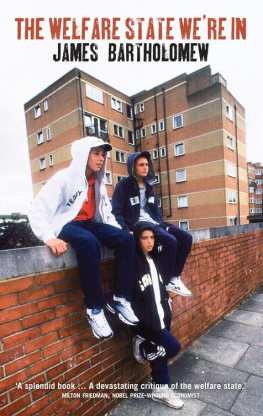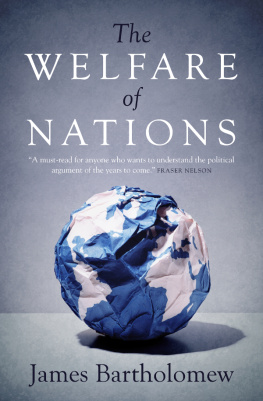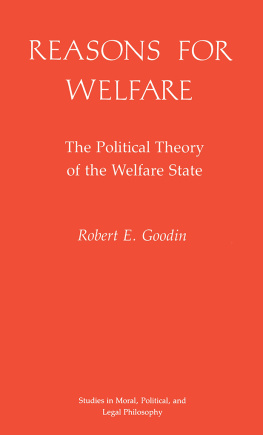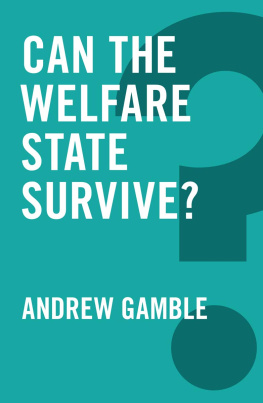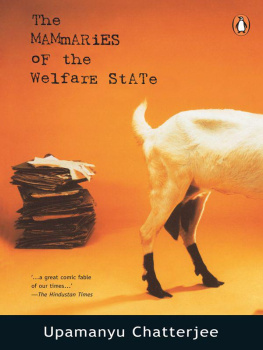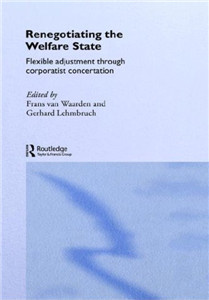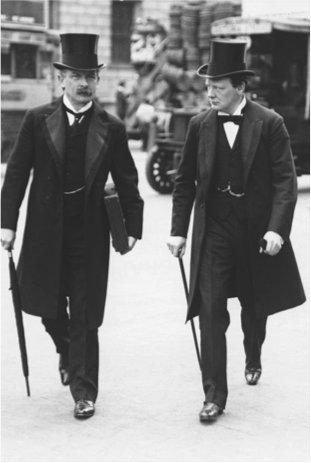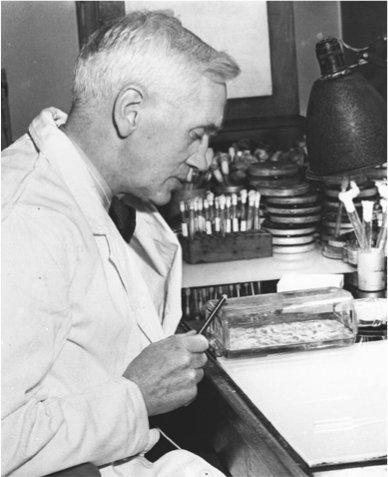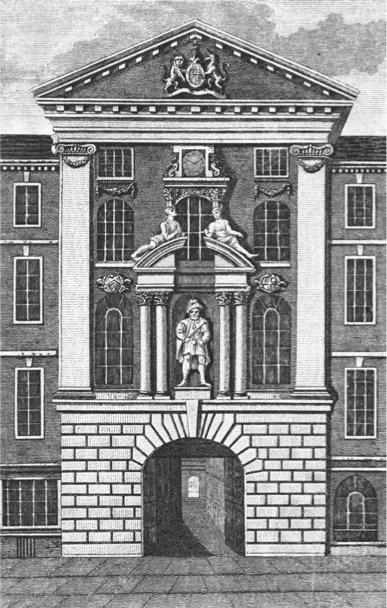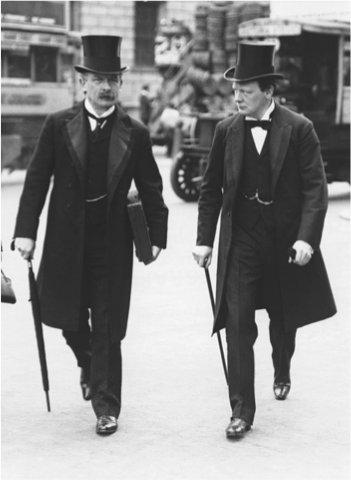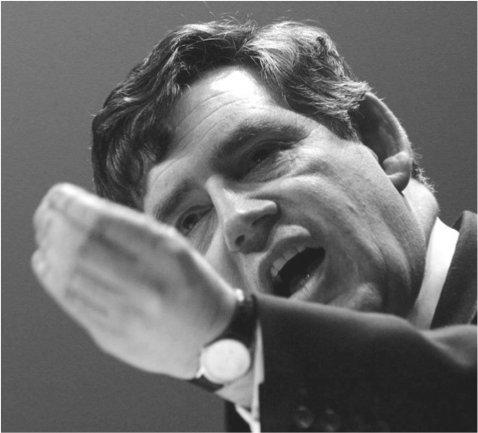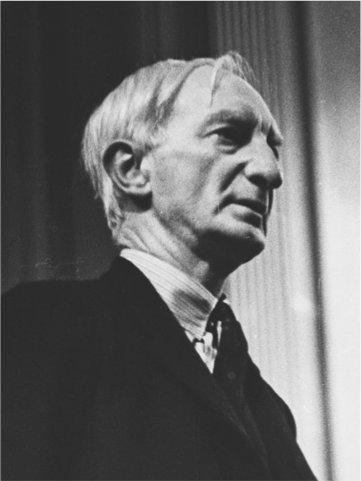Most people think they know a lot about the welfare state. After all, they live in it. But try this quiz to discover how good your knowledge really is. Answers and your rating at the end.
1. When did the state first make education compulsory?
a) 1870 b) 1930 c) 1944 d) 1948
2. In the mid-nineteenth century before state schooling was introduced how many children had five to seven years education?
a) 5% b) 12% c) 32% d) 95%
3. When was the law passed making free elementary education available for all?
a) 1918 b) 1925 c) 1944 d) 1948
4. David Lloyd George was brought up in modest circumstances in a remote part of Wales in the nineteenth century and went to a charity-based school. When he left, aged 14, was he
a) unable to read or write
b) able to read, but not to write
c) able to read and write but otherwise uneducated
d) literate and widely read?
5. After many decades of state education, what is now the rate of functional illiteracy among adults?
a) 1% b) 3% c) 10% d) 25%
6. When was national health insurance started?
a) 1911 b) 1924 c) 1942 d) 1948
7. Which minister founded the NHS?
a) R. A. Butler b) Ernest Bevin
c) Aneurin Bevan d) Harold Wilson
8. Penicillin was probably Britains greatest contribution to world medicine in the twentieth century. Who funded the research which led to it?
a) the NHS
b) a special fund set up in 1942 by the wartime coalition government
c) the Medical Research Council
d) mainly charitable donors
9. How many of Londons famous teaching hospitals were created by the NHS?
a) none b) one c) two d) four
10. Who founded St Bartholomews Hospital?
a) the NHS
b) London County Council
c) the Greater London Council
d) a twelfth-century friar
11. According to Professor Karol Sikora, how many people a year die in Britain because the NHSs treatment of cancer is inferior to the average of other advanced European countries?
a) 100 b) 1,000
c) 3,000 d) 10,000
12. According to the OECD, which country has the lowest number of doctors per thousand population in the advanced world?
a) Spain b) Switzerland c) Britain d) Finland
13. When did the British government first pass a law compelling the rich to hand over money for the benefit of the poor?
a) 1563 b) 1870 c) 1911 d) 1948
14. How many of the 7 million men working in industry in 1892 were members of a friendly society?
a) 500,000 b) 1 million c) 3 million d) 6 million
15. Who said: The minister who will apply to this country the successful experiences of Germany in social organisation will have left a memorial which time will not deface.?
a) Otto von Bismarck b) David Lloyd George
c) Winston Churchill d) Clement Attlee
16. Which minister created the first national unemployment insurance scheme in the world?
a) Martin von Stockhausen in Germany in 1881
b) Winston Churchill in 1911
c) Leon Trotsky in the Soviet Union in 1921
d) Aneurin Bevan in 1946
17. By how much did per capita Gross Domestic Product income increase between 1950 and 2000?
a) 33% b) 62% c) 95% d) 165%
18. Bearing in mind the rise in prosperity, how did the proportion of people in receipt of welfare benefits change between 1950 and 2001?
a) down from 25% to 5.3%
b) down from 25% to 15%
c) unchanged at 17%
d) up from 3.4% to 24%
19. Who said: I want to achieve what in fifty years of the welfare state has never been achieved: the end of the means test for our elderly people.?
a) Barbara Castle in 1975 b) Peter Lilley in 1993
c) Gordon Brown in 1993 c) Frank Field in 1997
20. What proportion of pensioners were estimated to be entitled to means-tested benefits in 2003?
a) 5% b) 11% c) 32% d) 57%
21. What happened to three ten-storey council blocks of flats in Birkenhead in 1979?
a) they were given the Queens Award for design
b) the lifts stopped working
c) they were deemed a health hazard
d) they were blown up
22. How many violent crimes took place in 2002/3 compared to 1898?
a) 40% fewer b) 5% fewer
c) 200% more d) 12,800% more
23. In 1938/9 3.8 million people paid income tax. How many paid it in 2003/4?
a) 5.2 million b) 9.3 million c) 23.2 million d) 30.7 million
24. In 1913, Britain was fourth in an international league table of economic output per capita. Where did it come in 1999?
a) 4th b) 8th c) 12th d) 17th
25. Who said: In a totalitarian state or in a field already made into a state monopoly, those dissatisfied with the institutions that they find can seek a remedy only by seeking to change the government of the country. In a free society and a free field they have a different remedy: discontented individuals with new ideas can make a new institution to meet their needs.?
a) Friederich von Hayek
b) Milton Friedman
c) Margaret Thatcher
d) Lord Beveridge
26. Which famous writer said: An imaginary foreign observer would certainly be struck by our gentleness; by the orderly behaviour of English crowds, the lack of pushing and quarrelling And except for certain well-defined areas in half-a-dozen big towns, there is very little crime or violence.?
a) George Orwell in 1944
b) Evelyn Waugh in 1965
c) Kingsley Amis in 1980
d) Harold Pinter in 2002
23 d (before the welfare state mushroomed in cost, only the rich paid income tax. Now the poor pay see the chapter on tax and economic growth); 24 d; 25 d (Lord Beveridge is generally treated as though he created the modern welfare state. But as this quotation shows, he never wanted the welfare state to be monopolistic, which is what happened); 26 a.
Score one point for every correct answer.
Ratings: You may live in the welfare state but there are important gaps in your knowledge about it good reason for you to read this book. You have real interest in and knowledge about the welfare state. But you could improve your understanding further by reading this book. 1926 Your knowledge is impressive. But do you know who Sir John Cowperthwaite is, what Martin Luther said about social security and what Cary Grant has got to do with the NHS? If not, there may still be things of interest in this book, even to you.

